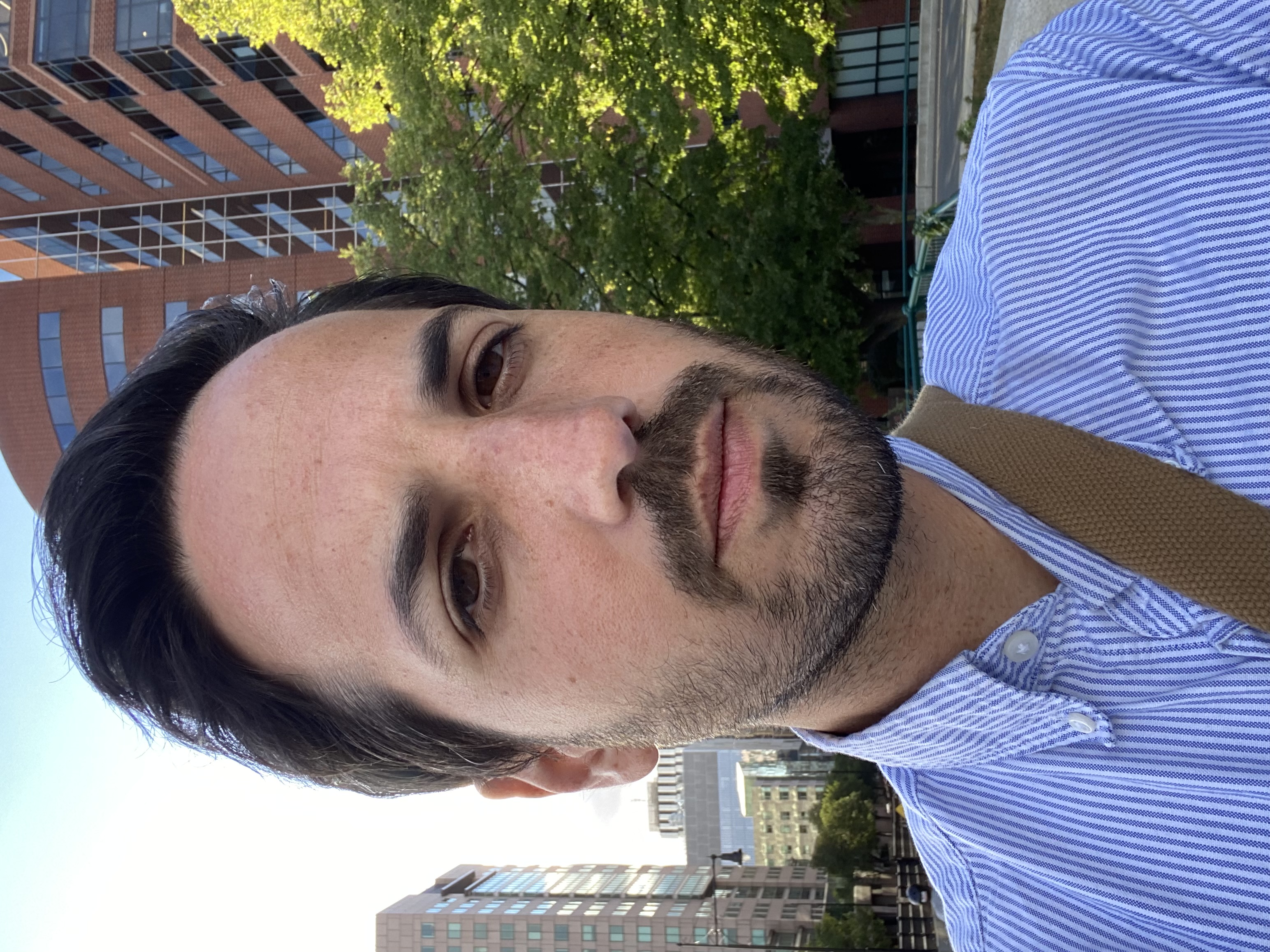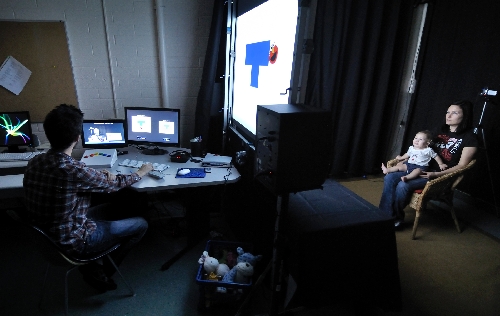Parker Tichko, PhD.


Hello. I’m a cognitive neuroscientist interested in artificial intelligence (AI), 4E cognition, human development, music cognition, dynamical systems theory, and the brain. For roughly a decade, I conducted academic research investigating the developmental, neurobiological, and computational principles underlying music and language. After turning down a tenure-track academic job and doing a bit of soul-searching, I now work on human-AI systems. Below, you can find a brief synopsis of my professional trajectory:
During my career in academia, I used a combination of computational and dynamical-systems modeling (e.g., artificial neural networks, oscillatory networks), electrophysiology (e.g., EEG), and behavioral measurements to understand 1) how infants and children acquire language and music skills, 2) how neural activity synchronizes to rhythmic inputs and 3) whether non-invasive, music-based interventions can promote healthy aging. This work began while I was a post-bac lab manager for Dr. Erin E. Hannon’s Auditory Cognition and Development Lab. Following my tenure there, I matriculated to the University of Connecticut, as a National Science Foundation (NSF) IGERT Fellow in Language Plasticity, and received my PhD. in Psychological Sciences (Developmental Psychology) under the guidance of Drs. Ed Large and Erika Skoe in the Music Dynamics Lab and Auditory Brain Research (ABR) Lab. Next, I completed post-doctoral research in the MIND Lab at Northeastern University under the advisement of Dr. Psyche Loui.
While the year 2020 marked the beginning of the COVID pandemic for our global community, it also marked my personal journey into fatherhood. After experiencing a realignment of purpose and vocation during the pandemic, I turned down a tenure-track offer and realized I was ready for new challenges. Currently, I work on human-AI systems as a human factors engineer and cognitive systems engineer.
In addition to my professional interests, I am an active musician, composer, and producer, having previously worked in the music-manufacturing industry and written about music education and computer music prior to returning to graduate school. Years ago, I authored a book about teaching music in the classroom with a popular digital audio workstation (DAW) called Mixcraft. The book proved to be a useful resource for music educators and was distributed by Hal Leonard, the world’s leading publisher of sheet music. In 2014, I worked, albeit briefly, in the music industry as the lead copywriter and content-creator for a top-five music technology and instrument company. (Later that year, I returned to graduate school to pursue a doctorate in psychological science.) When my schedule permits, I also make high-quality audio demos for music-software companies that illustrate the sonic capabilities of their products. (Here’s an example.)
Great thinkers who influenced me: Leonard B. Meyer, Gilbert Gottlieb, Michael Turvey, Thomas Sowell
Great manuscripts that influenced me: It is a rare occurrence to encounter a manuscript that, with striking clarity and erudition, manages to reveal, overturn, and even confute wrongly held assumptions on the part of the reader, or worse, an entire scientific field. Gathered here is a list of manuscripts that, over the span of my intellectual trajectory, have done just that. Many of these articles describe dynamical systems approaches to cognition, perception-action, development, and music, and reflect my continuing transition, as scientist, from a reductionist framework to a complexity framework.
Warren, W. H. (2006). The dynamics of perception and action. Psychological Review, 113(2), 358–389.
van Geert, P. (2003). Dynamic Systems Approaches and Modeling of Developmental Processes. Handbook of Developmental Psychology, 640–672.
Large, E. W. (2010). Neurodynamics of Music. Dynamical Systems (Vol. 36).
Gottlieb, G. (2007). Probabilistic epigenesis. Developmental Science, 10(1), 1–11.
Griffiths, P. (2002). What is innateness? The Monist, 85(1), 70–85.